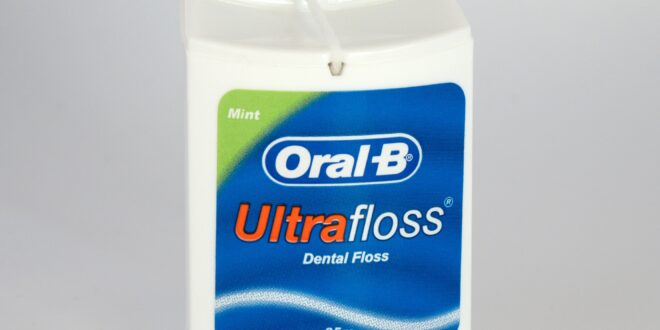According to the Centers for Disease Control and Prevention, about half of all Americans over 30 have periodontal disease, a figure that only rises with age. There are many health problems associated with gum disease if left untreated: loose or missing teeth, bleeding, inflamed gums, bone loss, and other oral health problems. Bacteria that enters the bloodstream causes other problems, and has even been linked to heart disease, diabetes, and Alzheimer’s. Flossing can help prevent the plaque buildup that irritates the gums and leads to gum disease over time. Combined with twice daily brushing and regular professional cleanings, flossing is a great way to help prevent gum disease.
Brushing removes the plaque from the surface of the teeth, but it can’t reach the plaque hidden in the nooks and crannies between the teeth. Over time, that plaque hardens and turns into tartar, which can cause tooth decay, cavities, and gum inflammation. Plaque harbors bacteria, which doesn’t do your breath any favors. Sure, you brush with that minty fresh toothpaste, but have you ever noticed that even toothpaste can’t always mask bad breath? Flossing removes more plaque from your mouth than brushing alone, which can help keep your mouth fresher and cleaner.
If you could do something in two minutes a day that could help reduce your risk for diabetes and heart disease, wouldn’t you do it? When you think about flossing like this, it becomes a no-brainer. While flossing doesn’t directly prevent these serious diseases, its role in gum health can become important for reducing risks of heart disease and diabetes. Periodontal (gum) disease has been linked to both conditions, due to inflammation in the gums, so pick up your floss and keep those gums healthy!
In closing, most people don’t get through life without a few cavities, but flossing is a great tool for making them less likely. Plaque between the teeth can cause cavities, since the toothbrush can’t reach those small spaces. Fortunately, floss can!
 Tempus Magazine By Students, For Students
Tempus Magazine By Students, For Students 



